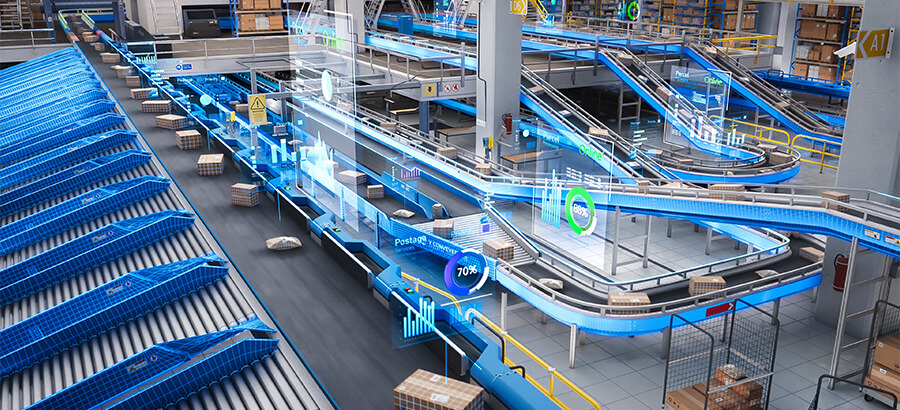With a focus on smart factories and digital manufacturing, Canadian Manufacturers must change their business model (including manufacturing processes from design to production) to adapt to the driving demands from customers for increased customization/personalization in manufacturing. Historically, mass production equated to high efficiency and maximum cost-effectiveness during production.
The shift to customization/personalization in manufacturing – a threat or an opportunity?
According to Deloitte, “Empowered by social networks and their digital devices, consumers are increasingly dictating what they want, when, and where they want it.” Consumers are now driving the demand towards customization which implies the transition from traditional to digital manufacturing is essential for a manufacturer’s survival.
This means manufacturers must change their business model (including manufacturing processes from design to production) to adapt to driving demands from customers for increased customization/personalization. Historically, mass production equated to high efficiency and maximum cost-effectiveness by manufacturing exactly the same thing during production. So, does this shift pose a threat or a world of opportunity for today’s manufacturer?
Some manufacturers may see it as a potential threat to their business as they are solely focused on the immediate cost implication of variable production processes and not long-term competitive benefits. This mindset is detrimental for growth and sustainability as manufacturers could run the risk of losing revenue and customer loyalty by ignoring the research predicting the shift.
What are the benefits of mass customization for manufacturers?
- Advances in digital manufacturing technologies are enabling manufacturers to restructure business operations and core processes with the ability to link to resources and their supply chain for optimized operations.
- Digital manufacturing models can improve traceability in the process by connecting the production floor to digital inspections and tracking shipments.
- Flexible models, analytics, automation, AI, machine learning, IoT and adaptive supply chains are catalysts to increasing efficiency and enabling mass customization with little to no cost implications.
- Mass customization manufacturing provides opportunities to take advantage of premium pricing while improving customer conversions and loyalty.
Consumers would be willing to pay a premium for a customized product or service
Deloitte published a report that states, “…more than 50% of consumers expressed interest in purchasing customized products or service.” The research also shows that most consumers would be willing to pay a premium for a customized product or service and as a result would be actively involved in the processes. This gives manufacturers an opportunity to exhibit the value consumers get from their personal data being used and translates to deeper insights into consumer behavior for a competitive business advantage that could increase profitability. This presents a unique opportunity to command a premium price.
Ultimately, potential production cost increases to support mass customization can be offset through digital transformation and allows manufacturers to simplify their product portfolio for more predictable demand while improving efficiency. The net result is reducing costs in the long term, and future-proofing the business for sustainable growth.







